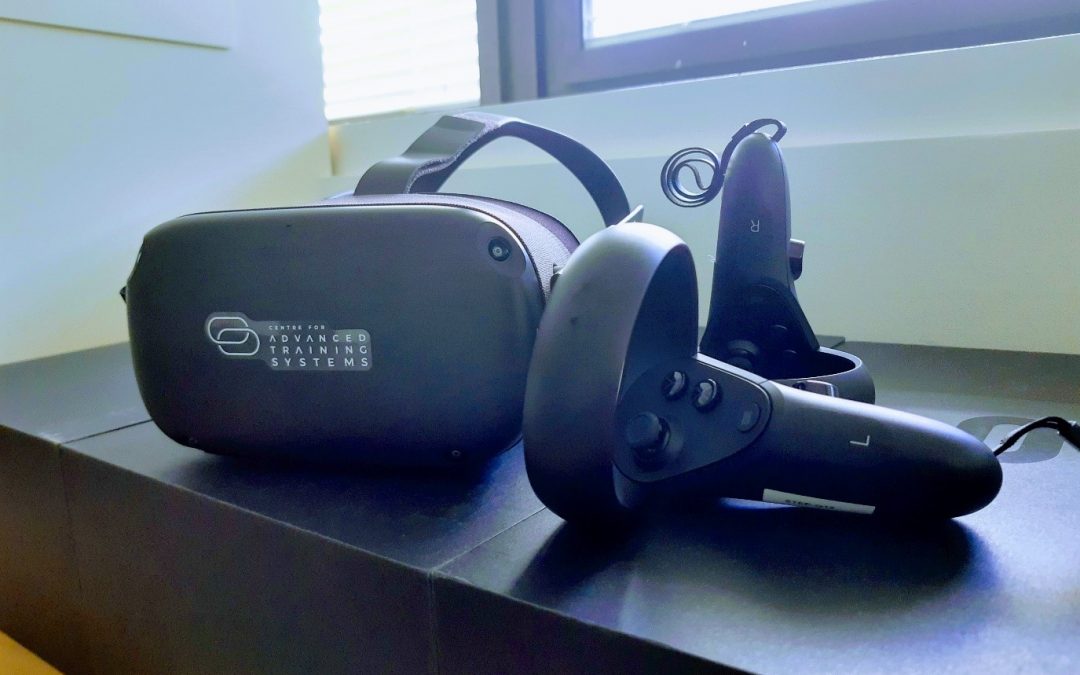2018 was a life time ago! In 2018, the Centre for Advanced Training Systems (ATS) began early discussions with then newly appointed and highly energised Professor Darrell Evans, Deputy Vice Chancellor Academic at University of Newcastle. Darrell was energised and enthusiastic about the future of Digital Simulation in Tertiary Education. Already, a number of early innovators at the University had explored the potential of the technology and demonstrated the huge potential to complement existing teaching content. The question, however, was how a University should best consider approaching digital simulation. Deploying a couple of headsets and some interesting ideas is a completely different proposition to an enterprise scale solution! At the Centre for Advanced Training Systems, we were also passionate about these issues as we were developing solutions for similar challenges with other major partners. As a result, we found an excellent basis for collaboration. The result was, what is now known as, the Simulation Technology Evaluation Program (STEP1).
Launched in 2019, the intent of STEP1 was to understand the real value for digital simulation in the class-room.
In the initial phases of STEP1, ATS sought input from a diverse range of University staff across faculties, schools and divisions on the future of virtual reality in the classroom.
Surveys of all University staff and students indicated an interest in using mixed reality technologies in the future. However, surveys also highlighted uncertainty about how to best achieve this and whether new technologies can be integrated into existing systems and how to update and maintain the technology over the long-term.
University staff were invited to submit expressions of interest for a suitable teaching scenario to be developed into a XR application. From a diverse range of applications, 4 were selected to be developed into functional, custom-tailored XR programs. Course coordinators and teaching staff were actively involved in all stages of development, to ensure the final tools were suited to their specific teaching needs.
In addition to providing extensive management and strategic support, ATS is performing a systematic evaluation of each teaching application, its individual value area, content development, implementation approach and teaching impact. Data was captured throughout all stages of the project, from selection, scoping and development through to deployment. The intent is to compare different strategies to inform a comprehensive cost-benefit analysis.
Several strategies were considered in relation to development. We received outstanding support from Chief Information Officer Anthony Molina, Vendela Pento, Gaute Rasmussen, John Siestma and Craig Williams of the Newcastle IT innovation team. The resulting applications were developed for the Oculus Quest, with a fleet of enterprise headsets, specifically procured for the STEP1 project.
This project will now enter an exciting new phase, with deployment of each XR application into their respective courses and frameworks. Staff and students’ feedback will be captured and evaluated alongside practical considerations required in the classroom setting to accommodate each new technology. We are very much looking forward to updating everybody on the existing results from the project!

